This is the closing circle of the Healing is Living series, a final reflection on courage, healing, and reclaiming one’s truth. Featuring Akanksha, creator of Another Shot at Life, this conversation is a soul-baring account of what it takes to choose yourself, even when the world doesn’t get it.
“I took a leap as a writer and I have no regrets.” — Akanksha
Why do we put everyone else first?
We aren’t born people pleasers, we become them.
“This tendency to prioritise other people’s needs over your own is not something you’re born with. It’s a learned response.”
It begins in childhood, where being agreeable meant staying safe. When saying no led to rejection, we learned to keep the peace by keeping quiet. Eventually, our nervous system associates being liked with survival.
“Your nervous system is just trying to keep you safe from criticism, from anger, from silence.”
Over time, these behaviours calcify into roles — the helper, the fixer, the reliable one. And when that’s all you’ve ever been, it’s easy to confuse it with who you truly are.
What happens when you never ask what you need?
“If you’re never listening to yourself… of course you burn out.”
When your worth is tied to being needed, your needs quietly disappear. You don’t just ignore them, you forget to even ask.
“Love takes a backseat. The definition of love becomes being needed, instead of being valued.”
Burnout, in this case, isn’t solved with rest or weekends off. It’s deeper. It’s rooted in silencing your truth for so long that you lose access to your own desires. You spend years answering to everyone else’s emergencies, until your own system starts to shut down.
“This is the kind of burnout that doesn’t go away with a vacation.”
Can you really change after years of pleasing?
The first thing that surfaces when you become aware of your patterns isn’t peace — it’s shame.
“Self-awareness is uncomfortable. It brings shame.”
You remember the moments you tolerated disrespect. The times you didn’t stand up for yourself. And that shame? It’s paralyzing.
“Shame takes away your power to change. It only fuels criticism.”
The only way out is compassion. That means forgiving yourself for not knowing sooner for surviving the only way you knew how.
“Turning that shame into compassion gives you the strength to accept and make changes.”
What if saying no makes you feel guilty?
“Your initial no’s, especially with people close to you, will bring shame and guilt.”
We think setting boundaries will feel empowering but often, it brings discomfort. The people who benefited from your self-sacrifice won’t always be happy when you stop offering it.
“People who punish you for having boundaries are the ones who don’t have any.”
At first, it feels like you’re losing love. But you’re not. You’re losing control and gaining freedom.
“Boundaries don’t make you lose love. They only make you lose control.”
The people who love you will adapt. The rest? Their discomfort isn’t your burden to carry.
“Once you start showing respect to yourself, people who genuinely care about you start showing respect too.”
What if life looks perfect but feels hollow?
“My life looked perfect on paper. I had everything I had worked for but I was numb.”
Success, as defined by the world, doesn’t always feel like success. You do the things. You hit the milestones. And still, something’s missing.
“People tell you these things should make you feel good… but I wasn’t grateful. I was just… empty.”
When you don’t feel joy in the life you’re supposed to love, you begin to question yourself. But it’s not you. It’s the checklist you inherited without consent.
“The moment we’re born, we’re handed a checklist. This is what you should want. This is how your life should look.”
We follow it blindly, hoping it’ll lead to fulfillment. But if you’ve never asked yourself what you want, how could that be possible?
So what does success actually look like?
“Success isn’t a destination. It’s a daily choice.”
Real fulfillment isn’t about titles, income, or applause. It’s about mornings. It’s about how you feel when you wake up. It’s about whether your life feels like your own.
“Ask yourself: how do you want to fill your day?”
For some, that means quiet. For others, creation. There’s no right answer only what aligns with your truth. And yes, people might call you crazy for choosing a different path.
“But there is more. There’s always more. And you should never apologize for wanting it.”
What if you’re the first to walk away?
“You’re considered crazy for going against the grain.”
Leaving the default path — the one society sets from birth — can feel like betrayal. But that’s only because most people don’t dare to question it.
“People have convinced themselves that this is all there is.”
But it’s not.
You are allowed to want more. You’re allowed to build a life that’s quieter, slower, more honest. A life that doesn’t make sense to everyone, just to you.
“Empathy makes you feel okay even if no one exactly understands what you’re going through.”
What if healing isn’t becoming someone new, but finally remembering you?
Healing isn’t a makeover. It’s not a rebrand. It’s not even about becoming a better version of yourself.
It’s about coming home.
“You are allowed to feel what you’re feeling… and not have all the answers… but you will figure it out.”
It’s slow. It’s tender. It’s imperfect. But it’s real. And it’s yours.
With this, we wrap up a deeply soulful, honest, and transformative month — one where healing wasn’t just spoken about but lived through quiet choices, hard decisions, tender mornings, and the courage to reclaim our power.
My hope is that these conversations touched something within you even if just a little.
In the coming days, I’ll be sharing my own reflections and the personal ways I’ve been integrating the wisdom from these sessions into my life.
Until then, let’s keep choosing truth, softness, and each other.
Let’s keep walking each other home.
With light and life,
Janki





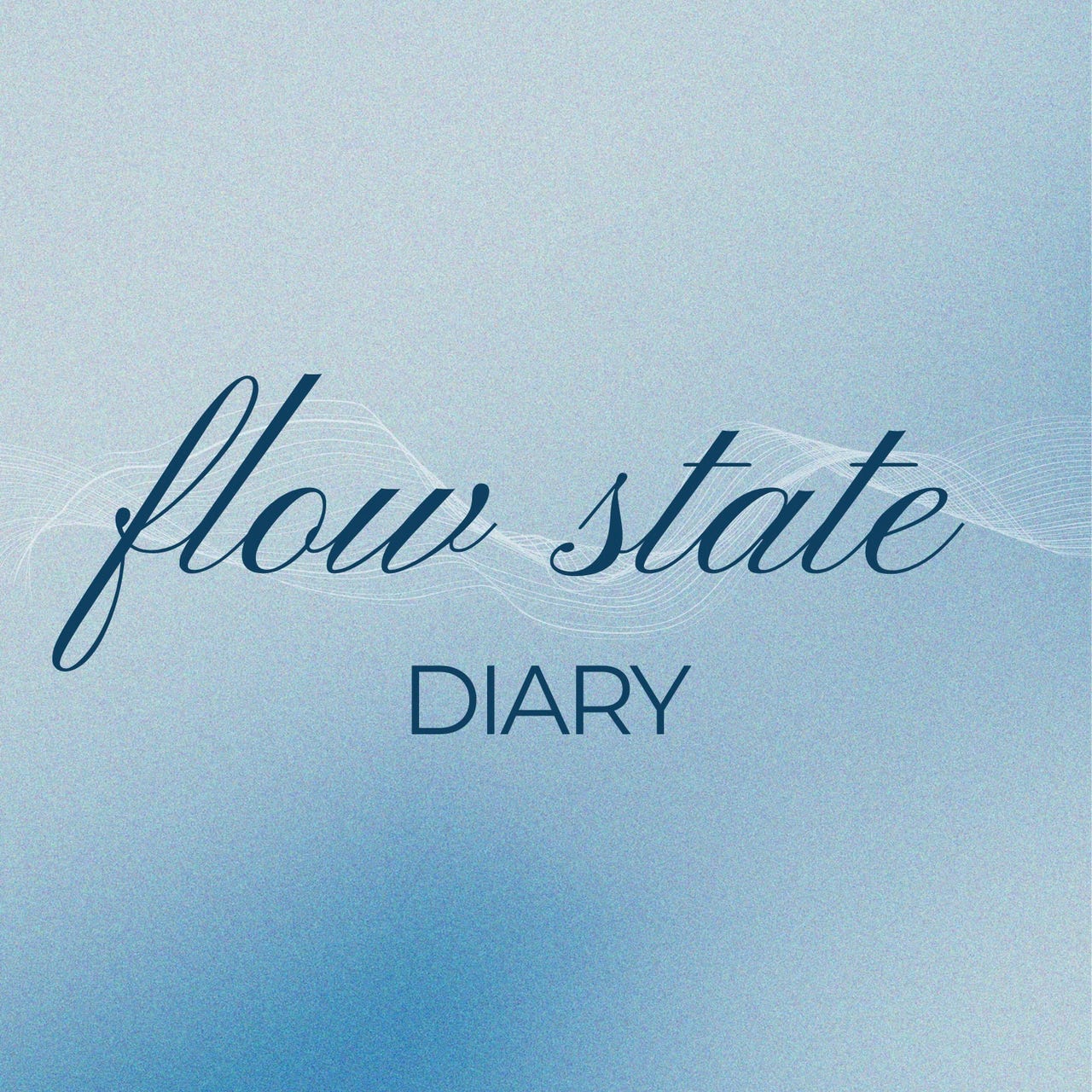


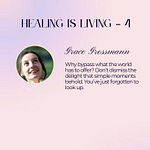
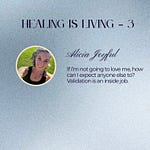
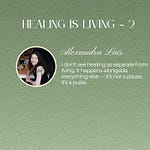
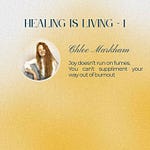
Share this post